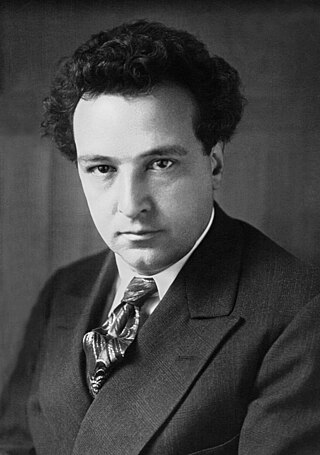
Arthur Honegger was a Swiss composer who was born in France and lived a large part of his life in Paris. A member of Les Six, his best known work is probably Antigone, composed between 1924 and 1927 to the French libretto by Jean Cocteau based on the tragedy Antigone by Sophocles. It premiered on 28 December 1927 at the Théâtre Royal de la Monnaie with sets designed by Pablo Picasso and costumes by Coco Chanel. However, his most frequently performed work is probably the orchestral work Pacific 231, which was inspired by the sound of a steam locomotive.
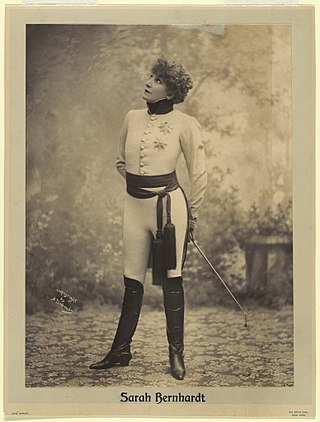
L'Aiglon is a play in six acts by Edmond Rostand based on the life of Napoleon II, who was the son of Emperor Napoleon I and his second wife, Empress Marie Louise. The title of the play comes from a nickname for Napoleon II, the French word for "eaglet".
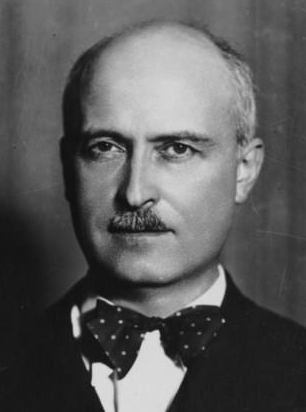
Jacques François Antoine Marie Ibert was a French composer of classical music. Having studied music from an early age, he studied at the Paris Conservatoire and won its top prize, the Prix de Rome at his first attempt, despite studies interrupted by his service in World War I.

Don Quichotte is an opera in five acts by Jules Massenet to a French libretto by Henri Caïn. It was first performed on 19 February 1910 at the Opéra de Monte-Carlo.

Cléopâtre is an opera in four acts by Jules Massenet to a French libretto by Louis Payen. It was first performed at the Opéra de Monte-Carlo on 23 February 1914, nearly two years after Massenet's death.

Fanny Heldy was a Belgian lyric soprano opera singer.

Les diamants de la couronne is an opéra comique by the French composer Daniel Auber, first performed by the Opéra-Comique at the second Salle Favart in Paris on 6 March 1841. The libretto is by Auber's regular collaborator, Eugène Scribe with the help of Jules-Henri Vernoy de Saint-Georges.
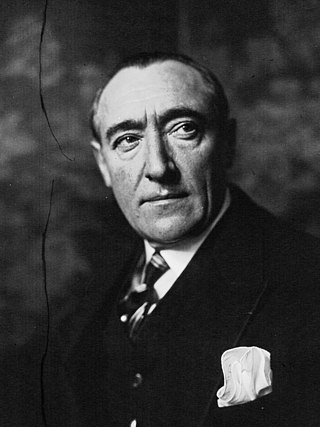
Jean-Émile Diogène Marcoux was a French operatic bass-baritone, known professionally as Vanni Marcoux. He was particularly associated with the French and Italian repertories. His huge repertoire included an estimated 240 roles and he won renown as one of the most memorable singing-actors of the 20th century.
Roger Bourdin was a French baritone, particularly associated with the French repertory. His career was largely based in France. His daughter is Françoise Bourdin.

Ossian, ou Les bardes is an opera in five acts by the French composer Jean-François Le Sueur. The libretto, by Alphonse François "Paul" Palat-Dercy and Jacques-Marie Deschamps, is based on the Ossian poems of James Macpherson, which had been translated into French by Pierre-Prime-Félicien Le Tourneur.

Die Harmonie der Welt is an opera in five acts by Paul Hindemith. The German libretto was by the composer.

Antigone is an opera in three acts by Arthur Honegger to a French libretto by Jean Cocteau based on the tragedy Antigone by Sophocles. Honegger composed the opera between 1924 and 1927. It premiered on 28 December 1927 at the Théâtre Royal de la Monnaie with sets designed by Pablo Picasso and costumes by Coco Chanel.
L'ambassadrice is an opera or opéra comique in 3 acts by composer Daniel Auber. The work's French language libretto was written by Eugène Scribe and Jules-Henri Vernoy de Saint-Georges. The opera's world premiere was staged by the Opéra-Comique at the Théâtre des Nouveautés in Paris on 21 December 1836. It was revived in Paris on 4 January 2013 by the opera company Les Frivolités Parisiennes at the initiative of two research fellows who specialized in nineteenth-century historically informed performance, Pierre Girod and Charlotte Loriot.

Medea is an opera in three acts composed by Giovanni Pacini to a libretto by Benedetto Castiglia. It premiered on 28 November 1843 at the Teatro Carolino in Palermo, conducted by the composer with Geltrude Bortolotti in the title role. The libretto is based on the plays Medea by Euripides and Médée by Pierre Corneille.
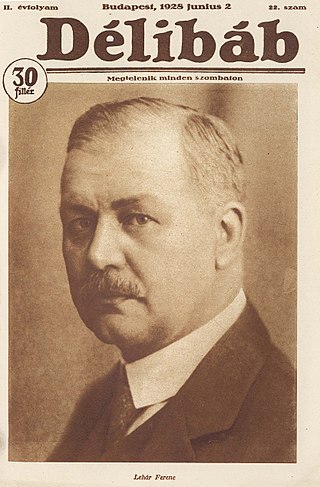
Paganini is an operetta in three acts by Franz Lehár. The German libretto was by Paul Knepler and Bela Jenbach.
Flammen (Flames) is an opera in two acts and ten scenes composed by Erwin Schulhoff, his only opera. The original libretto in Czech was written by Karel Josef Beneš. The opera had its world premiere at the old National Theatre in Brno on 27 January 1932 in Czech under the title Plameny. It was not heard again until the mid-1990s, when it was performed in its German translation by Max Brod as Flammen. Its story is a surrealist retelling of the Don Juan legend with elements from the legend of the Wandering Jew, and heavily influenced by Freudian psychology. Unlike the title character in Mozart's Don Giovanni based on the same legend, Don Juan is not punished by being dragged down to Hell, but instead is condemned to live forever.

Le Marchand de Venise is a French opera in three acts by Reynaldo Hahn. The libretto was by Miguel Zamacoïs, after Shakespeare's The Merchant of Venice. Hahn first started working on the opera during the First World War, imagining it as a 'Mozartian' work, with the role of Portia written specifically with the soprano Mary Garden in mind.

Solimano is an opera in three acts composed by Johann Adolph Hasse to an Italian-language libretto by Giovanni Ambrogio Migliavacca. Loosely based on an episode in the life of Suleiman the Magnificent, the opera premiered on 5 February 1753 at the Opernhaus am Zwinger in Dresden. The lavish premiere production was designed by Giuseppe Galli Bibiena and featured Angelo Amorevoli in the title role.
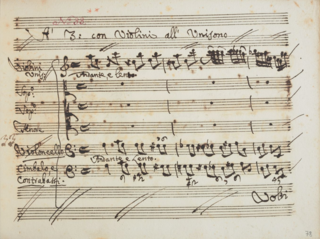
Carlo re d'Allemagna is a three-act dramma per musica by Italian composer Alessandro Scarlatti to a libretto by Giuseppe Papis, after Francesco Silvani, premiered at the Teatro San Bartolomeo of Naples on 26 or 30 January 1716. This is the composer's 79th opera out of 114 composed.
















